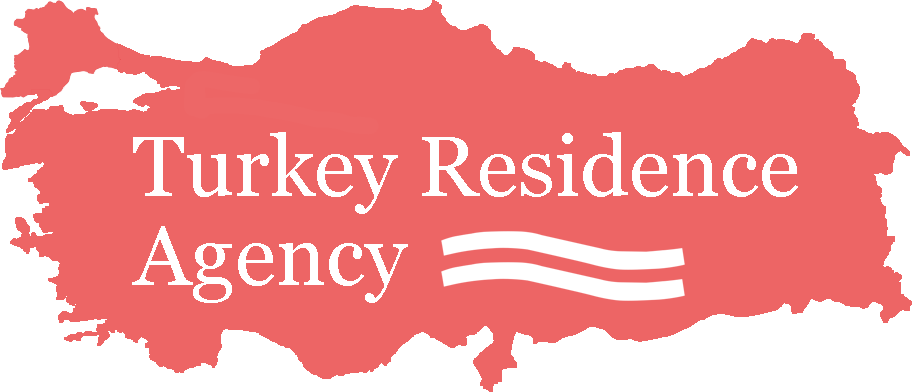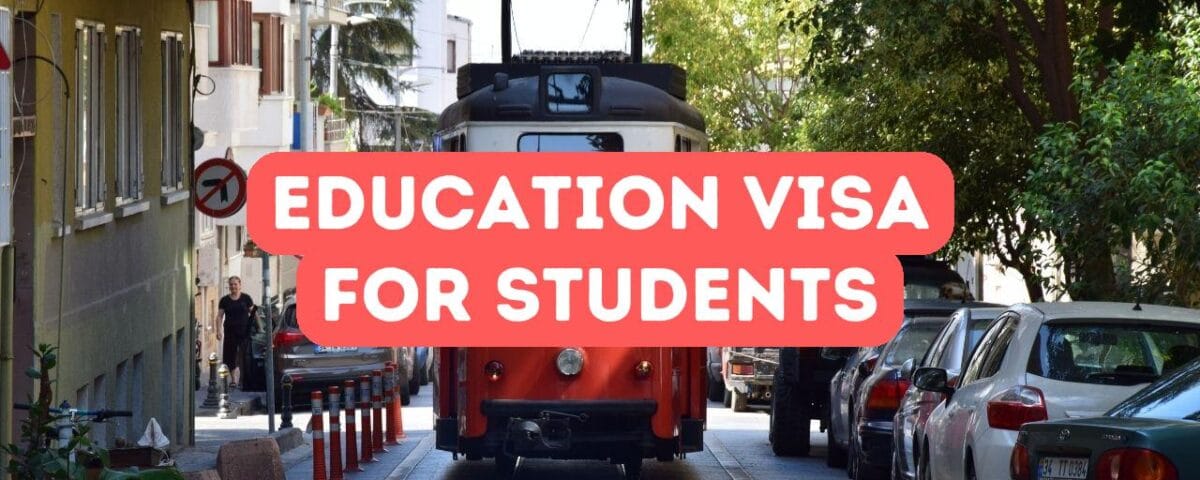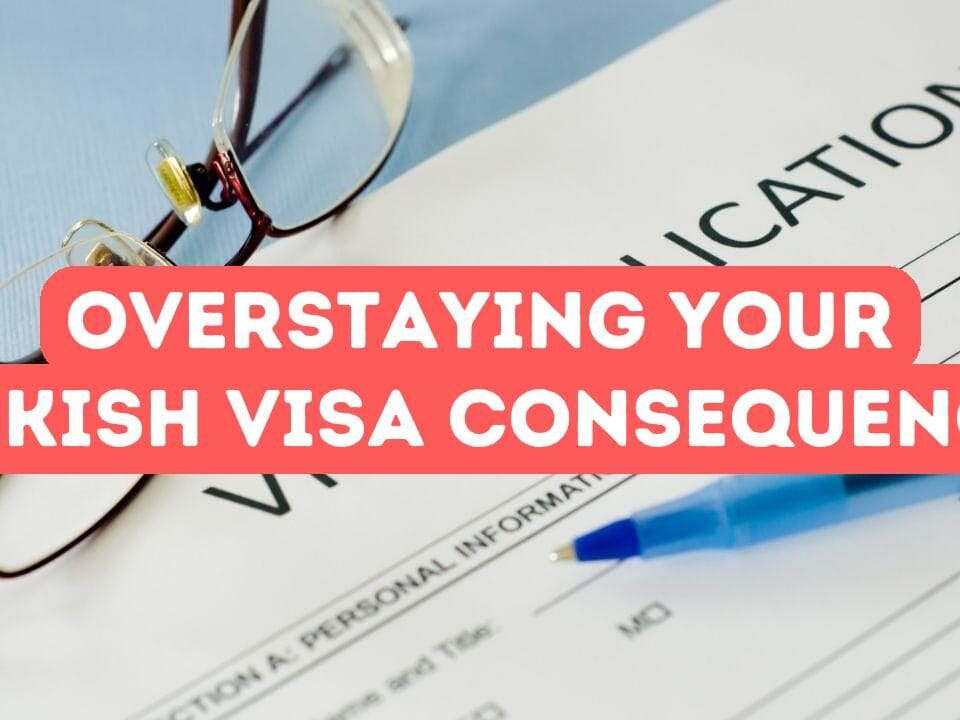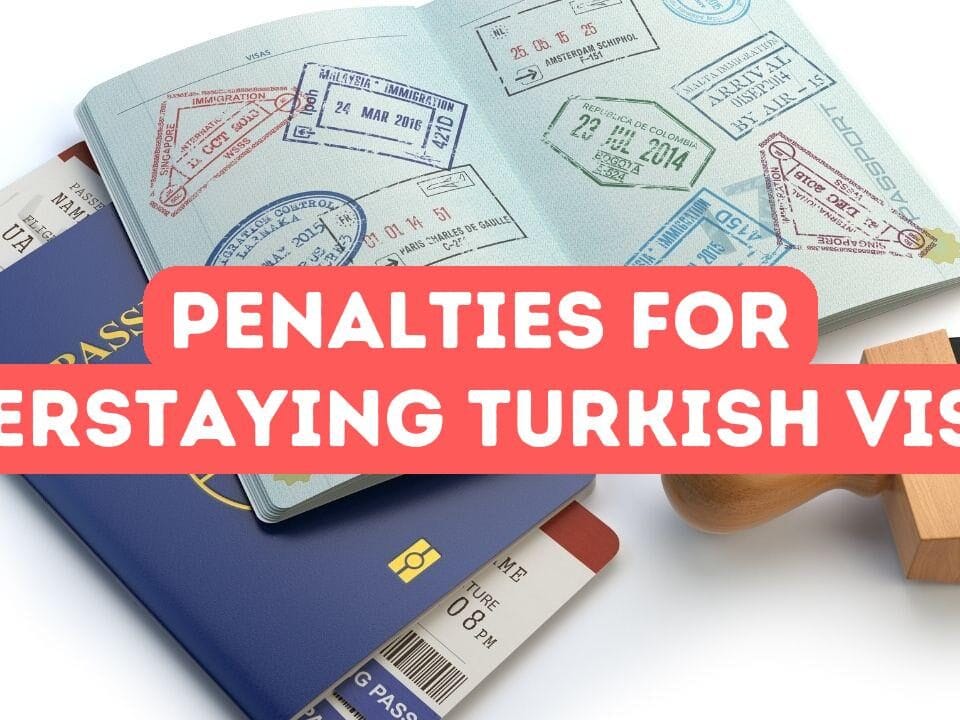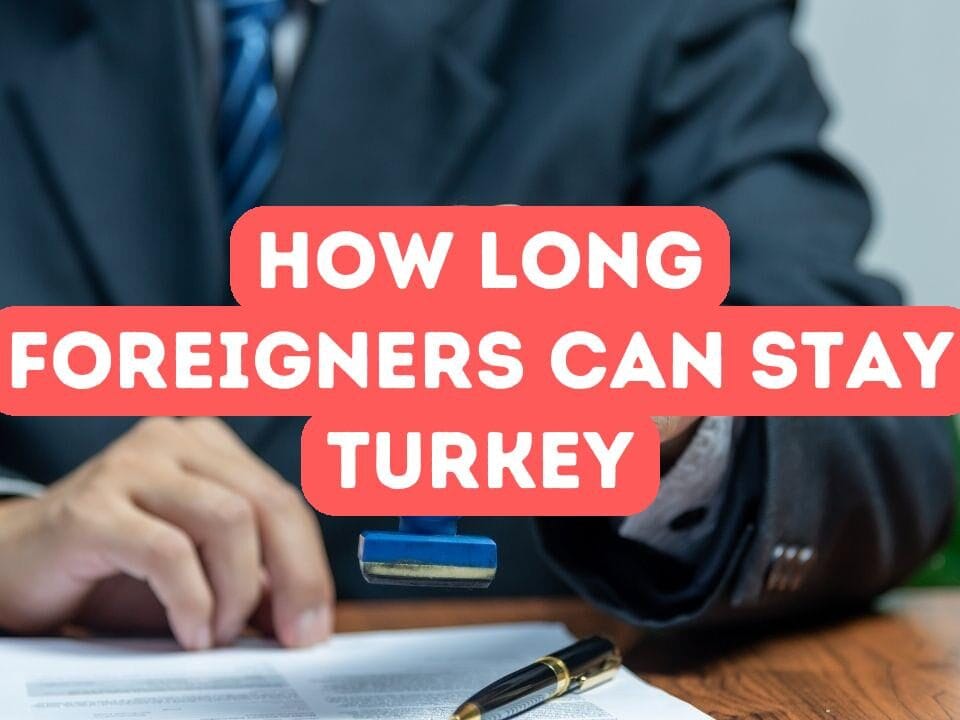Turkish Education Visa for Students
Navigating the landscape of international education opportunities can be both exciting and daunting for aspiring scholars. At Turkey Residence Agency, we understand the critical importance of making informed decisions when it comes to pursuing higher education abroad. The Turkish Education Visa for students presents a unique gateway to world-class universities, vibrant cultural experiences, and pivotal academic growth within Turkey. This visa not only facilitates entry into Turkey’s esteemed educational institutions but also integrates students into a rich tapestry of academic excellence and cultural diversity. In this blog post, we’ll comprehensively address the essential requirements, application processes, and benefits associated with the Turkish Education Visa, ensuring that prospective students are well-prepared to embark on their educational journey in Turkey.
Eligibility Requirements for a Turkish Education Visa
To be eligible for a Turkish Education Visa, applicants must first secure an acceptance letter from a recognized Turkish educational institution, such as a university or language school. This letter must detail the study program, duration, and proof of enrollment. Additionally, applicants must provide evidence of sufficient financial means to support themselves during their stay, including living expenses and tuition fees. A valid passport with at least six months of validity beyond the intended period of stay is also required. Health insurance covering medical expenses in Turkey and proof of accommodation arrangements are other critical eligibility criteria. Lastly, a completed visa application form, passport-sized photographs, and a visa application fee receipt must be submitted as part of the application package.
Meeting the eligibility requirements alone does not guarantee visa approval; it is also essential to adhere to specific procedural guidelines. Firstly, applicants should schedule a visa appointment at the nearest Turkish consulate or embassy and be prepared to present their documentation in person. It is advisable to submit all required documents well in advance of the planned travel dates, as processing times may vary. Upon submission, an interview may be conducted to verify the authenticity of the application and the applicant’s intent to study in Turkey. During this interview, presenting a well-organized dossier and being able to clearly articulate your study objectives and future plans can significantly enhance your chances of approval. Post-interview, applicants will be notified of their visa status, and, upon a successful application, they can proceed with travel arrangements to Turkey.
Maintaining eligibility for a Turkish Education Visa goes beyond initial approval; it also encompasses adherence to specific visa conditions throughout your stay in Turkey. Students must remain enrolled in their respective programs and comply with attendance requirements as stipulated by their institutions. Any changes to the study program, such as transferring to a different institution or altering the course of study, must be promptly communicated to both the educational institution and the local immigration authorities. Additionally, it is crucial to ensure that your health insurance remains valid for the entire duration of your stay. Overstaying your visa or failing to comply with Turkish immigration regulations can lead to serious consequences, including fines, deportation, and potential bans on future travel to Turkey. By diligently following these guidelines, students can fully immerse themselves in their educational journey while enjoying the rich cultural and academic environment that Turkey has to offer.
Application Process and Required Documentation
Embarking on the journey to secure a Turkish Education Visa begins with gathering the necessary documentation, a crucial step in the application process. Prospective students must present a valid passport, passport-sized photographs, and a completed visa application form. Additionally, a letter of acceptance from a recognized Turkish educational institution is essential, alongside proof of financial sufficiency to cover tuition and living expenses during the stay. Health insurance coverage, a clean criminal record, and a visa fee payment receipt complete the list of required documents. Ensuring these documents are meticulously prepared and submitted will streamline the application process, bringing students one step closer to their academic aspirations in Turkey.
Once all the required documentation is compiled, the next step involves submitting the application at the nearest Turkish consulate or embassy in your home country. It is advisable to schedule an appointment well in advance to avoid any delays, as appointment slots can fill up quickly, especially during peak application seasons. During this appointment, you may be asked to provide biometric data and undergo a brief interview to discuss your study plans and intentions in Turkey. The consulate staff will verify the authenticity and completeness of your submitted documents. Ensuring accuracy and thorough preparation at this stage is paramount, as any discrepancies or omissions can lead to delays or rejection of the visa application. After submission, applicants can typically track their application status online, allowing them to stay informed about any updates or additional requirements.
Upon successful submission and verification of the application, the waiting period for the Turkish Education Visa typically ranges from a few weeks to a couple of months, depending on the consulate’s processing time and the volume of applications. During this time, it’s crucial for applicants to remain patient and be prepared to provide any additional information or documents if requested by the consulate. Once the visa is approved, students will receive a visa stamp in their passport, officially granting them permission to enter Turkey for educational purposes. It’s advisable to make travel arrangements only after receiving the visa to avoid any potential setbacks. With the Turkish Education Visa in hand, students can begin planning their arrival and integration into Turkey, eager to immerse themselves in a new academic environment and cultural experience.
Tips for a Successful Visa Interview
A successful visa interview is a crucial step for securing your Turkish Education Visa. Preparation is key—thoroughly familiarize yourself with your intended institution and program of study, as this knowledge demonstrates commitment and seriousness to consular officers. Ensure that all your documentation is complete and well-organized, including admission letters, financial statements, and any other required paperwork. Practicing answers to potential questions about your academic goals, financial stability, and post-graduation plans can also significantly boost your confidence during the interview. Remember, clarity and honesty in your responses can leave a strong, positive impression on the interviewer.
Additionally, it’s crucial to be punctual and present yourself professionally during the visa interview. Dress formally and ensure you arrive on time, as this reflects respect for the process and the seriousness of your application. Be prepared to articulate why you chose Turkey for your education, how your chosen program aligns with your career aspirations, and what your plans are after graduation. Providing tangible examples or anecdotes can make your answers more compelling and memorable. Moreover, showing a genuine interest in Turkish culture and language can highlight your willingness to integrate and adapt, further enhancing your candidacy in the eyes of the consular officers.
Lastly, it is important to stay calm and composed during your visa interview. Nervousness is natural, but maintaining your composure will help you communicate more clearly and effectively. If you don’t understand a question, don’t hesitate to ask for clarification—but do so politely. Rehearse possible scenarios, but remember that authenticity is valued over rehearsed responses. Demonstrating that you’ve done your research, possess a concrete plan for your studies, and are eager to engage with the broader Turkish educational community can go a long way. The ability to articulate your enthusiasm for Turkey’s academic offerings and cultural environment, with genuine confidence and poise, can significantly enhance your chances of a favorable outcome.
